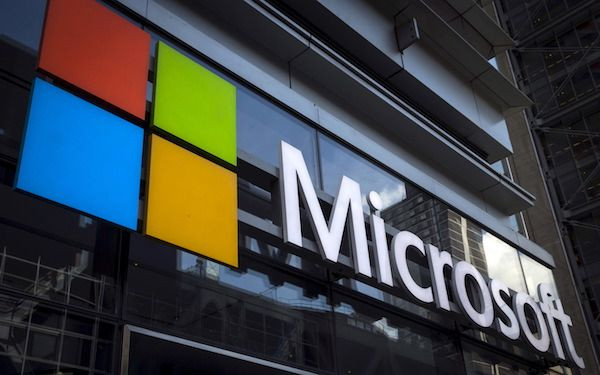Microsoft Releases First National Security Letter It Received From FBI

Microsoft released its biannual transparency report Thursday, and with it came its first National Security Letter (NSL) the company received from the FBI.
The FBI uses NSLs to obtain customers’ information from tech firms. In 2014, the FBI sent an NSL to Microsoft seeking data that belonged to a customer.
Read: Microsoft Office Hack: Microsoft Patches Problem In App That Spread Malware
Microsoft follows other tech companies that have previously disclosed NSLs in their transparency reports, including Google, Yahoo and Facebook.
“The reforms in the USA Freedom Act were a positive step forward and we believe reasonable limits on the routine use of government secrecy should be adopted more broadly,” Microsoft said in a post. “There are times when secrecy is vital to an investigation, but too often secrecy orders are unnecessarily used, or are needlessly indefinite and prevent us from telling customers of intrusions even after investigations are long over.”
Apart from the NSL, Microsoft said it received more than 61,000 legal requests for customer data from law enforcement agencies last year. However, the number is less than the amount requested in 2015 -- 74,311. The company said most of the requests in 2016 came from the U.S., U.K., France and Germany.
Read: How To Change Privacy Settings On Docs.com: Microsoft Makes Sensitive Docs Publically Searchable
Microsoft and other tech firms, including Apple and Google, have been at odds with the U.S. government over privacy.
Microsoft was in a dispute last year with the U.S. government over access to data stored in foreign countries. A judge decided Microsoft and other companies could not be forced to give up customer email stored outside the United States to the FBI.
Last month, Microsoft, Apple, Amazon and Cisco teamed up to back Google in an amicus brief after a court ruled the search engine company to hand over emails stored on servers overseas following an FBI warrant. The companies cited Microsoft’s previous case in the amicus brief.
© Copyright IBTimes 2025. All rights reserved.




















